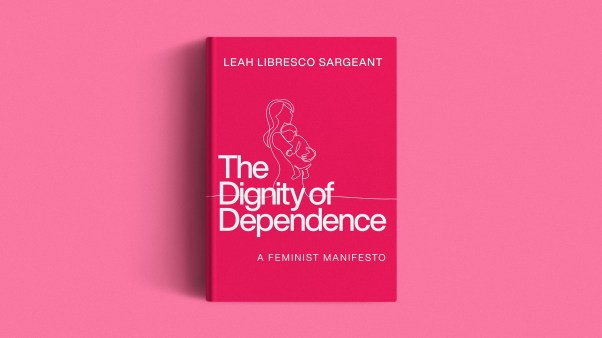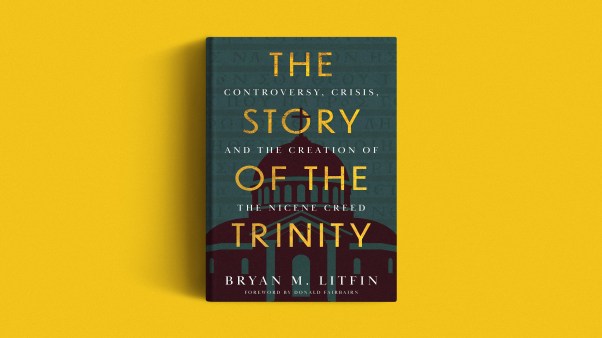Keeping the Sabbath is one of those spiritual disciplines that for years seemed antiquated, elusive, and somewhat misogynistic to me. My first impressions were formed by a little story in a children’s biography of the missionary Lottie Moon, a Southern Baptist missionary to China in the early 1900s. The story I remember most vividly is of Lottie breaking her family’s strict no-work-on-Sunday Sabbath rule. This rule prohibited any cooking, the result being only cold sandwiches or leftovers from the larder could be served. Lottie, thinking the rule was old-fashioned and silly, feigned illness and stayed behind from church one Sunday in order to prepare a large, hot, delicious meal for her family. Of course Lottie’s choice landed her in a lot of trouble, but I thought it was magnificent. After all, what did God care if one cooked on Sunday or not? Wouldn’t God be more in favor of you serving your family joyfully rather than being miserly and falsely pious? Jesus healed the sick on the Sabbath. Why were religious people always trying to make extra rules?
For a while, this is how I thought of the tradition of keeping a Sabbath: falsely pious, rigid, rooted in legalism, and not of any interest to Christ. That is, until I had kids. Years and years later, a mother myself, getting up to make another round of breakfast and lunch and bottles and pots of coffee, it occurred to me that perhaps Lottie’s mother enjoyed having the day off from slaving over a hot stove! I began to see there was some wisdom in the idea of a Sabbath. I needed a new way to think about it and approach it—a way beyond Lottie Moon and grumpy old men with their grumpy old rules.
Jerusalem Jackson Greer is an author and lay minister; she lives with her family in Arkansas. Devotional text taken from At Home in This Life: Finding Peace at the Crossroads of Unraveled Dreams & Beautiful Surprises, copyright © 2017 by Jerusalem Jackson Greer. Used by permission of Paraclete Press; www.paracletepress.com. Learn more via this video or by downloading a free chapter.








